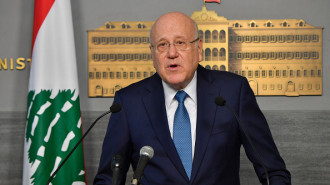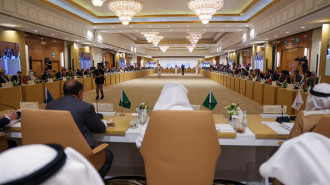UK denies Libya troop deployment plan
Britain has no plans to extend bombing or send troops to Libya, the defence ministry said in a statement Tuesday, after a committee of lawmakers said the nation could deploy a force of 1,000 soldiers.
The House of Commons Foreign Affairs Committee had said that Britain could be part of a 6,000-strong international force in Libya, which has been riven with unrest since the fall of longtime dictator Muammar Gaddafi in 2011.
Defence Secretary Michael Fallon was expected to agree Britain's contribution to the force at a conference in Europe this week, the committee added.
But a government spokeswoman said that the Foreign Affairs Committee was "wrong on a number of counts."
"There are no plans to extend airstrikes to Libya nor are there plans to send British troops to provide security on the ground in Libya," the spokeswoman said.
"It is therefore also wrong to suggest the Defence Secretary will agree any UK contribution this week."
Western countries have agreed that action is needed to dislodge Islamic State (IS) militants from Libya but world powers say they want a national unity government to request help before formally intervening.
On Saturday, Libya's UN-backed unity government said it was taking office despite lacking parliamentary approval, with its US and European allies urging it to move to Tripoli and begin governing.
The allies also warned they would impose sanctions on anyone who acted to "undermine" Libya's political process.
The British committee had said that the interim Libyan Government of National Accord's "likely first formal action will be to request that the UK and its allies conduct airstrikes against ISIL (IS) targets in Libya."
The international force would seek to train the Libyan army and protect the newly-formed government, it said.
Libya descended into chaos after Gaddafi's 2011 removal from power allowed extremist organisations, including IS, to gain significant ground.
Italy has agreed to lead a UN-mandated international stabilisation force into its troubled former colony, but the sticking point has been getting credible cover from a national authority.

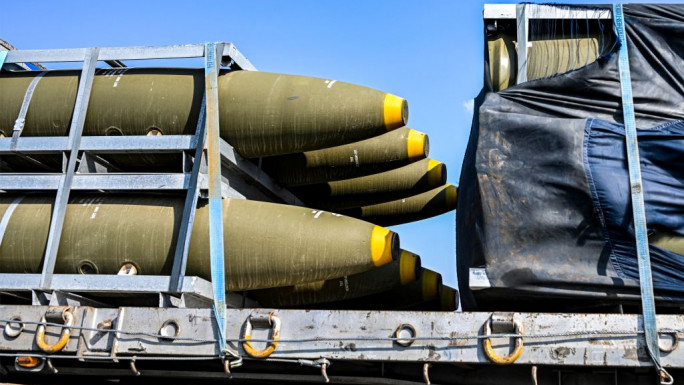
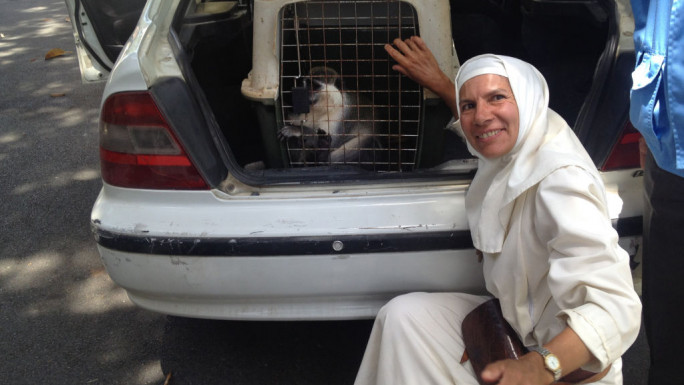
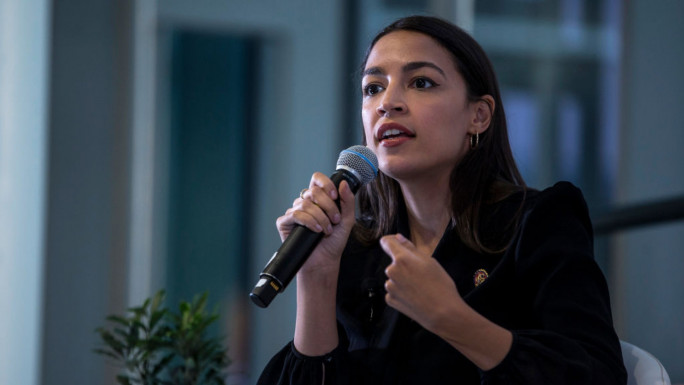
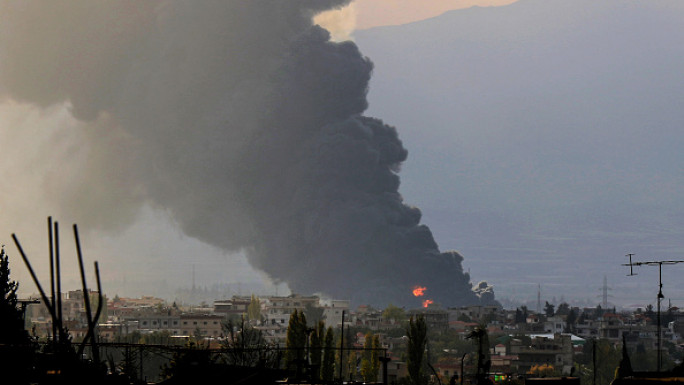
 Follow the Middle East's top stories in English at The New Arab on Google News
Follow the Middle East's top stories in English at The New Arab on Google News
